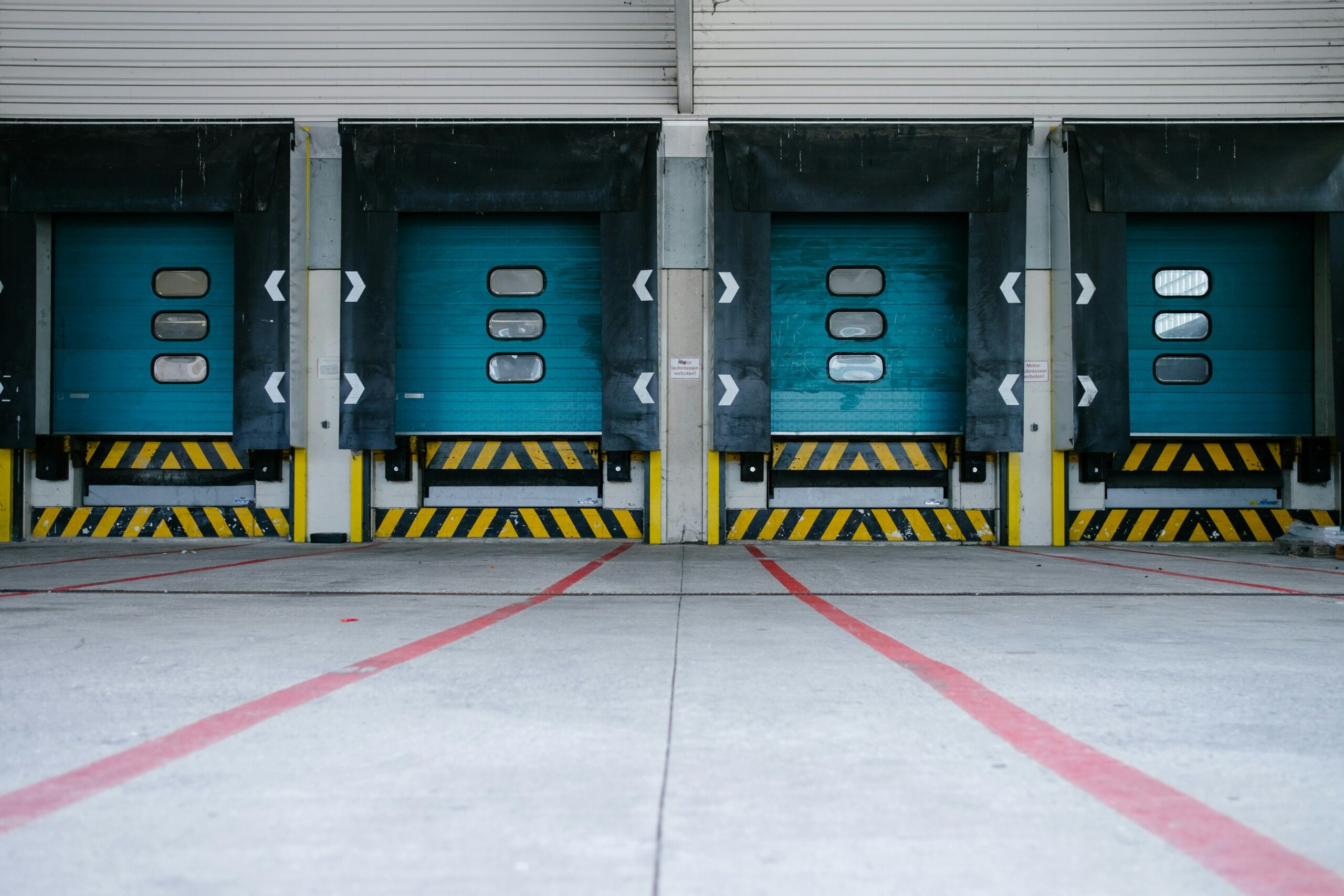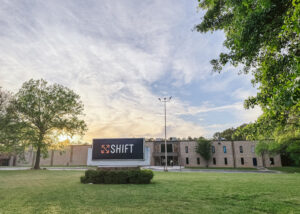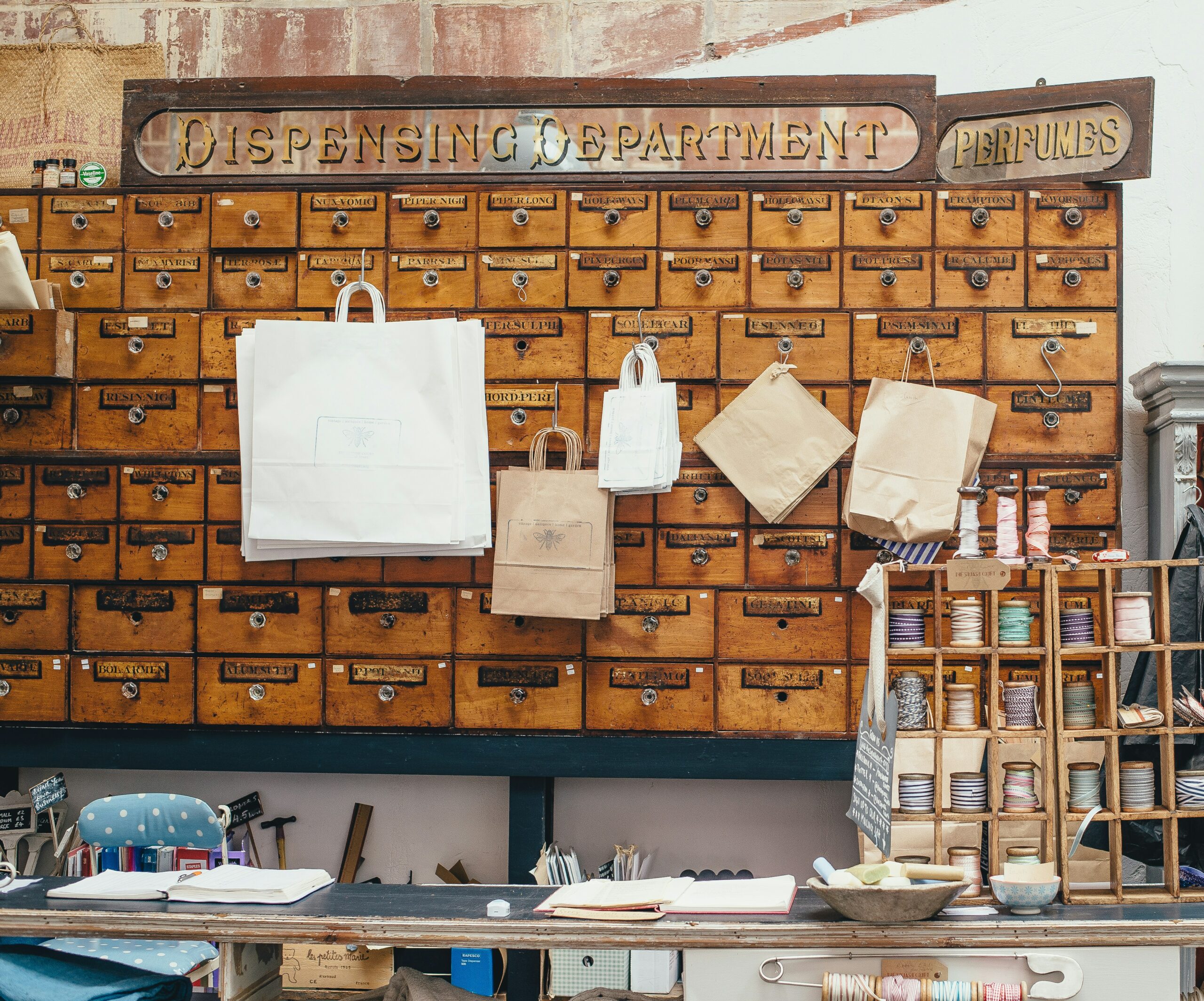Co-warehousing, Comparisons, Industrial Spaces, Warehousing • 10 Minute Read • Jun 28, 2024
Things to Consider When Picking a Warehouse to Rent

If your home is bursting from the expansion of your small business, you’re likely looking for a warehouse to rent. No one likes jumping over boxes on their way to make breakfast, or turning away guests because the spare bedroom is housing all your extra products.
Yet, choosing the right warehouse is a serious decision. There’s a lot to consider to ensure you end up in a space that works well for your business today, and in the future. Here’s everything you should be thinking about when you’re considering renting a warehouse.

Start with Your Ecommerce Business Needs
If you don’t understand your current ecommerce business needs, then you likely won’t pick a warehouse that makes sense for your business (especially in the long-term). Take stock of these three things before you start looking for a rental space.
What is your inventory size and type?
Different types of inventory have different types of storage needs. A candle company does not have the same storage requirements as a patio furniture company. Or, if you sell highly valuable items, you may need extra security to ensure your products are safe.
Size, weight, value, and fragility all influence the type of storage and handling equipment required. Consider what specific types of storage may be best suited for your products.
What are your current growth projections?
If you’re looking for a warehouse, there’s a high likelihood that your business is growing. Or, your spouse got tired of not having their parking spot in the garage.
Either way, consider your expansion plans and scalability. If you want to expand your product line, or anticipate an increase in sales, you’ll need a warehouse that can accommodate that growth within a reasonable timeframe.
With that comes other logistics, like an office space or break room for employees. A flexible warehouse with ample growing space is ideal for ensuring you have enough room to scale.
Do you have special location requirements?
Location requirements can impact how fast products are received, stored, and delivered – impacting the overall customer experience. People have come to expect quick deliveries. As if getting a product out wasn’t complicated enough, congested roads that are poorly managed increase logistical headaches for delivery drivers.
You’ll also want to take into account if you’ll need transportation for employees. This could look like finding a warehouse with public transportation or that is near major highways for quick commutes from busy city centers. Nearby restaurants, salons, and other services are notable perks for employees.
Shipping costs, delivery times, and proximity to carriers and suppliers all impact how your business operates.

What to Consider When Looking for a Warehouse for Rent
Now that you know your ecommerce business needs, here are some things to consider as you begin touring warehouses.
Space
Space obviously plays a huge role in picking out a warehouse. You’re not just considering floorspace, though, you’re considering cubic square footage. This takes into account how high you’re permitted to stack products. Normally, this is somewhere between 18 to 25 feet.
Make sure you ask landlords how they measure the square footage. Some landlords may measure their space based on the outside wall. This means you’ll pay for anywhere from 1 to 3 feet of building structure where you can’t store anything.
You’ll also want to ask what the floor load is for the concrete slab, and compare that to your intended use.
Be sure to physically see the space you will be occupying and paying for. How will everything from storage, to processing, to quality analysis, and returns all fit together?
Cost
Many times there are two costs when renting a warehouse. The first is the cost of the space you’ll be renting. The second is the operating expenses.
Operating expenses are sometimes included in your leasing cost with your square footage. Other times, it’s a separate expense. It includes taxes, insurance, and maintenance on the building and around the property. You’ll want to know how expenses like roof repairs, trash, lawn care, taxes, insurance, and maintenance are accounted for.
If the operating expenses fall on you, consider the age and condition of the building before signing. A sweet deal may become much more expensive than you expect.
Facilities and Amenities
Electricity: Do you know what type of electric power you’ll need, or your required voltage? If the landlord is unsure, you can hire an electrician or engineer to determine if electricity will be an issue or not. You don’t want to create an outage.
Docks: How do you want to ship things? If you’ll need long or larger vehicles, you’ll need docks for them to pull up to, and space to turn around and get back out. Or if you plan to drive trucks or other vehicles into the warehouse rather than using a loading dock you’ll need grade level loading. Ask what docking options are available.
Parking: What’s their parking lot like? Is it concrete, asphalt, or dirt? Is it large enough for loading and unloading your products? Will there be plenty of room for employees or customers to park? Can you park safely overnight? Ask all of these questions when touring a warehouse.
HVAC: Sometimes, the HVAC is the responsibility of the tenant. If you’re inheriting an HVAC, you’ll have no idea what condition it’s in or how well the previous tenants took care of it. While it may be common to cover maintenance, negotiate with the landlord on covering any major repairs.

Security
Security should be one of your top priorities and something you ask about at every warehouse you tour. Some security measures could include:
- Fenced perimeter
- Restricted access to codes
- A security guard (inside, outside or both)
- Security cameras
- Reinforced entryways
- Locks and deadbolts
- Keypad systems
Some warehouses for rent may not have any security protocols in place. If so, you’ll want to consider what steps you’ll need to take to secure your products.
Contract Flexibility
A flexible leasing contract can help you save money over time, while still growing your business. Ask if there is any flexibility in the amount of space you rent, either reducing or adding as needed. Some warehouses may charge extra for a shorter lease.
You can also try and negotiate things like security measures, maintenance, break up clauses, liabilities, or operating expenses.
Community
Being an entrepreneur can be lonely. Consider what kind of value a warehouse community, like those common in a co-warehousing facility could add. When small businesses are able to come together, they can find unique ways to support one another.
For example, if everyone in the co-warehouse is ordering products like paper, pens, and boxes, some or all business owners could agree to order these items in bulk and save on supplies.

Types of Warehousing Solutions
Warehouses are not one size fits all. Here are some different types of warehouse solutions to consider.
Self-storage units
The main benefit of this type of warehouse is they’re often highly flexible and cost effective. Self storage units are ideal for ecommerce businesses with minimal inventory. Also, many self storage units are available 24 hours a day.
The downside of self-storage is they can lack security and are only a good option for very small ecommerce businesses. They’re likely only a good solution as a ‘first’ warehouse space. Eventually, you will probably need a larger space.
Public warehouses
Public warehouses are ideal for ecommerce businesses that have seasonal fluctuations in inventory. You can usually adjust the amount of space you rent based on current needs. Sometimes, the warehouse rental also includes inventory management, order fulfillment, and transportation logistics.
They also sometimes allow for a shorter lease. Yet, some warehouses may not be a great fit, given higher costs, limited access, and sometimes minimal security.
Fulfillment centers
Designed to streamline the ecommerce experience, fulfillment centers are a good option for business owners who are ready to outsource all of their inventory. They’ll handle your order processing, including storage, packing, shipping, and returns.
The downside is that you have far less control over your product. Plus, this is a much more expensive option compared to managing the shipping logistics on your own.
Co-Warehouses
Much like public warehousing, co-warehousing is a flexible workspace solution for entrepreneurs and small ecommerce businesses. The warehouse space is divided into smaller, and more affordable warehouse spacing. Co-warehouses also usually focus on building strong communities between their tenants.
Given that there are more tenants, there is more potential for conflict based on operational differences. Though, with the right group collaboration and comradery is also equally possible.
Don’t Skip Reviews When Consider Which Warehouse to Rent
You’ve thought through your business needs, and visited warehouses. Now is a good time to check reviews or references. In person references can be invaluable for what it’s like to be a tenant of the warehouse now.
Or, you can check out their social media to see if anyone has commented about a good or bad experience on their recent posts.
Your Business Deserves a Great Warehouse
There’s no greater feeling than taking a big leap in your business. While at times scary, it often takes leaps like these to take your business to the next level. Renting a warehouse is a big step for any small business owner.
Celebrate this milestone each time you walk into your new warehouse. It will be easier to celebrate your warehouse if you find one that’s a great fit the first time, and can grow with you as you scale.
Don’t settle for a space until you find the right one!
Are you currently looking for a warehouse to rent in Dallas, Denver, or Atlanta? At Shift, we offer co-warehousing spaces ideal for helping entrepreneurs and ecommerce business owners grow their brand.
You can book a tour, a call, or send us a message to get started.
FAQs on Renting a Warehouse
How much does it cost to rent a warehouse?
How much it costs to rent a warehouse varies widely depending on location, the size, the type of warehouse, the amenities, and more. The best way to determine an accurate price range in your community is to call around and get some quotes.
What is the most important factor in choosing the right warehouse?
The most important factor in choosing a warehouse can be different for different business owners. If you sell a high-quality, luxury product, security might be the most important factor as your customers are more willing to be flexible with shipping.
If you need additional support when it comes to warehouse management, labor availability may be a driving factor in picking a warehouse.
Often, cost plays the biggest role in choosing a warehouse, especially for small business owners.
What needs to be considered when deciding the best size for a warehouse?
When deciding the best size for a warehouse space, business owners should keep in mind their volume, type of product, business growth, and scalability. Your business’s ability to grow into a space could greatly hinder your organization’s success, or could force you to move sooner than you hoped – which could result in costly expenses.




